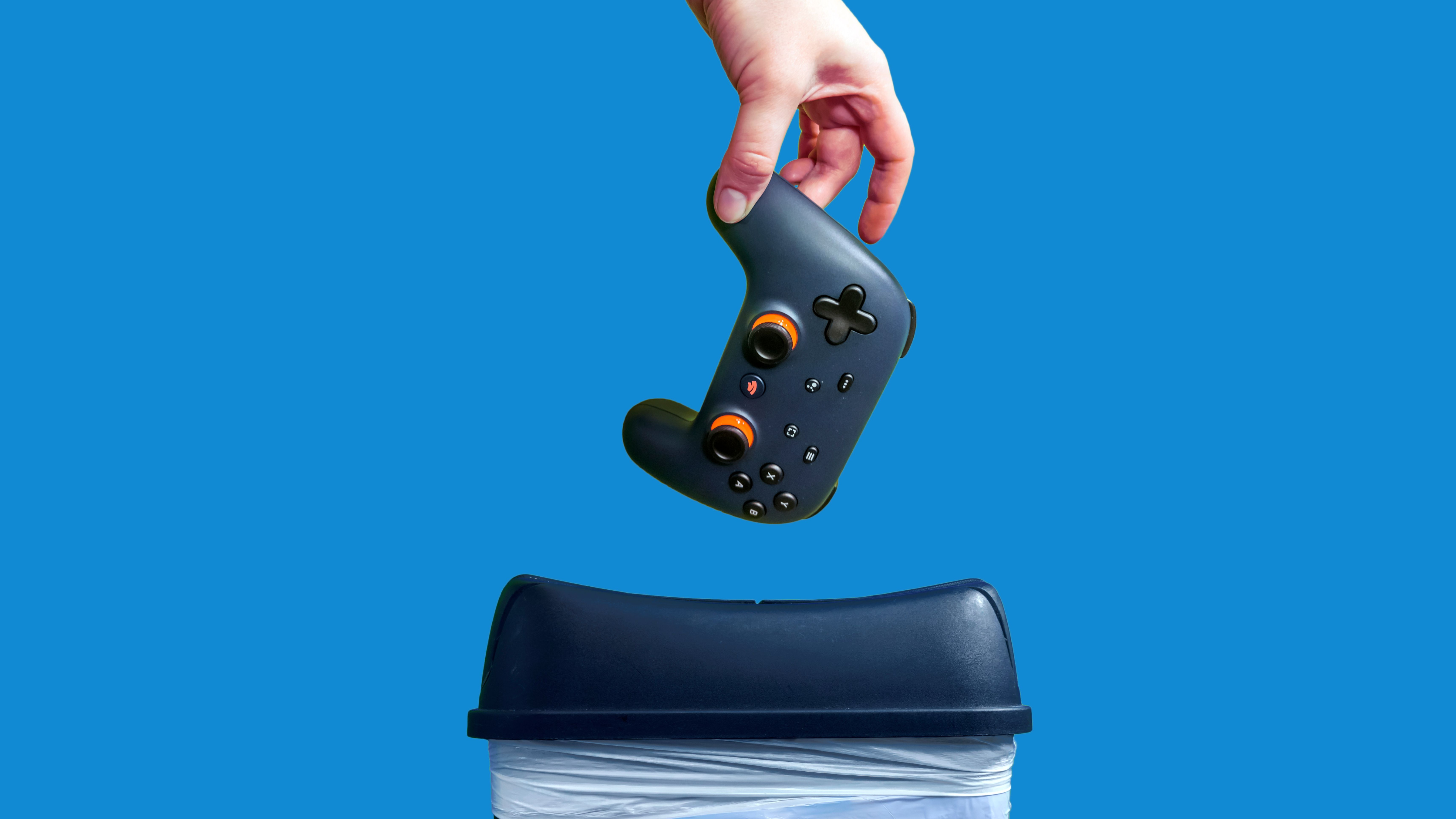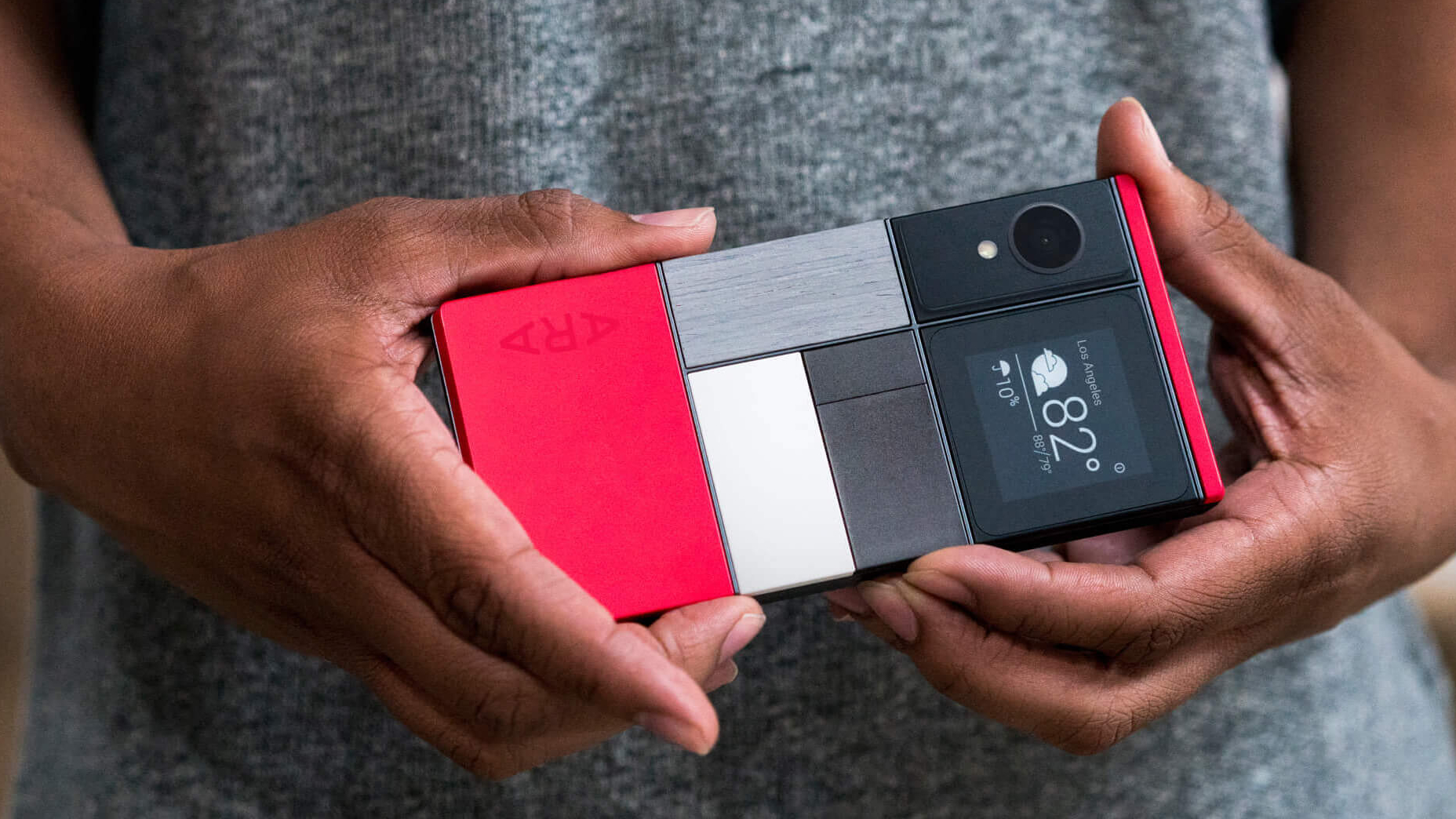3 products Google was right to kill off (and 3 it was wrong about)
A morose walk through the graveyard...

Google is not afraid to make mistakes, and if you take a peek into the Google Graveyard you’ll notice they make a fair few.
The company takes a 'see what sticks' approach to development, releasing a whole bunch of products and features only to subsequently kill them off, sometimes only months later. Up until 2019, the tech giant used to shut down products in quarterly chunks called ‘spring cleanings’, which is as iconic as it is funny.
With the recent slow and very painful death of Google Glass (RIP), I thought it would be fun to have a look at Google’s best and worst projects to have bitten the dust.
Three that deserved to go
Those cute blobby emoji
Emoji have become part of everyday communication, whether it's to set the right tone for those nerve-wracking work texts when you’re trying not to come off as passive-aggressive, add a little pizzazz to your unhinged 3 AM tweets, or even as stand-ins for whole sentences or expressions.
Now, Google’s emoji did not have any of that. Personally, I found them a little endearing in their own way. However, the feeling of cringe when comparing emojis or sharing texts with someone who wasn’t stuck with certain Android smartphones was unparalleled.
Friends with iPhones or Samsung phones were always showing off their normal-looking emoji and comparing them to Google’s thumb-like faces. Not to mention you had no idea what your army of melted yellow men would look like on other phones.
In the grand scheme of things, I'm happy these were axed. Perhaps Google got the message that the emoji were ghastly, saying its final goodbyes to them in a quirky blog post on World Emoji Day in 2017.
Sign up for breaking news, reviews, opinion, top tech deals, and more.
Google Stadia

If you’re a big company looking to shut down a service, this is an example of how you do it right. Earlier this year Google announced the death of Stadia, giving out free hardware, game refunds, and saved game transfers to soften the blow of the service being taken away. Take note, literally everyone else.
Google Stadia had a rocky start, to put it lightly, when it launched in November 2019, hitting the scene without many of the best features that were promised when the service was being promoted. Most of these features had great potential to become cornerstones of the service and fan favorites if they’d been handled properly during the launch. Take Crowd Play, for example, which let users play with streamers they’re watching, or Family Sharing, which would allow families to share games.
Sticky start aside, Google did promise to work on Stadia and improve the platform for players, though evidently, in the end, this was not enough. It does feel harsh to put Stadia on this side of the list, as it did have a lot of potential, but unfortunately, Google never put in the effort to meet its competition.
Stadia, I'm glad you’re gone and out of your misery.
Private messaging on YouTube
Private messaging on YouTube launched in 2017 and got the chop just two years later in 2019 - an impressively short lifespan for a pretty significant feature. YouTube did not give an explicit reason as to why the feature was being deprioritized, but I could think of a few.
Google has always had a problem with having a lot of messaging apps. In fact, if you take a virtual stroll through the Google Graveyard, a vast majority of headstones belong to messaging apps. Having another messaging app that barely anyone used likely muddied the water further at Google HQ and created extra work for nothing.
I expect that perhaps the biggest reason behind Google's decision to scrap private messaging is the number of children that use YouTube. When Google announced that feature was being scrapped in a 2019 blog post, the comment section was filled with minors lamenting the loss (TechCrunch). By the looks of things, these children used YouTube's private messaging as a way to get around parental controls that were present on other apps.
Children on YouTube definitely had a hand in the death of the Youtube DM. Around this time, YouTube was in its ‘childproofing’ era, disabling comments on videos that feature children and launching YouTube Kids, a safer platform designed to shield them from unsuitable content - and fix YouTube’s monetization woes.
Three that will be missed
Google Reader
This one hurt. Google Reader died in 2013 during another round of spring cleanings. The RSS aggregator was launched in 2005 and had been through a number of changes, but in the run-up to its death had not had any significant updates in a long time.
The disappearance of Google Reader was a heavy blow to hardcore fans of the service. It was one of the most populated RSS aggregators around and dominated the wider RSS reader scene. According to Google, the move came because “usage of Google Reader has declined”, much to the shock of its fans.
With the popularity of third-party sharing and social apps popping up, it makes sense that Google Reader ended when it did, but that isn’t to say it hasn’t been missed. People still use RSS readers to this day, after all!
YouTube Gaming
YouTube Gaming was merged into the core YouTube app in May 2019. The shutdown was announced the year before, with the video-sharing platform citing confusion among gaming fans as the predominant reason behind the decision. As part of this integration, we instead saw a gaming-focused ‘hub’ introduced to the main app.
The standalone YouTube Gaming app was launched in 2015 and promoted as a way to improve the live stream experience and keep irrelevant content away from gaming fans. This didn’t really take off as Google (or the rest of us, really) expected, with many people still watching gaming content on the standard YouTube app.
YouTube Gaming was great as a platform to try out new things for creators and viewers alike, and as a lot of regular YouTube viewers don’t really watch gaming content, the separation made sense.
This may not have been the most popular Google product and probably didn’t even make a dent in a lot of people’s lives. After all, you could argue that you can rely on the algorithm to keep unwanted videos at bay. However, relegating gaming content to its own app allowed gamers to enjoy uninterrupted content based on their interests, so I've no doubt it's missed by some to this day.
Project Ara

Perhaps the project I personally miss the most, and certainly, the one that had the most potential, is Project Ara, a modular smartphone project that suspended development in 2016.
The idea was to reimagine the smartphone as a Lego-like series of bricks that could be attached and rearranged in seconds. However, the phone never made it to market, despite Google suggesting the Ara phone would arrive to distributors in the fall of 2016.
The decision likely came as a means to clean up the company's seemingly disorganized product lineup, which, in hindsight, is fair enough; they did have a lot of products to juggle. Still, I do wish Google had axed something less interesting.
The mobile concept was definitely ambitious, but if Google had pursued the idea for a little longer, Ara could have really made an impression on the contemporary phones sphere. The concept is incredibly cool and paired with the phone tech we have today, I think it definitely would have been a beloved product.

Muskaan is TechRadar’s UK-based Computing writer. She has always been a passionate writer and has had her creative work published in several literary journals and magazines. Her debut into the writing world was a poem published in The Times of Zambia, on the subject of sunflowers and the insignificance of human existence in comparison.
Growing up in Zambia, Muskaan was fascinated with technology, especially computers, and she's joined TechRadar to write about the latest GPUs, laptops and recently anything AI related. If you've got questions, moral concerns or just an interest in anything ChatGPT or general AI, you're in the right place.
Muskaan also somehow managed to install a game on her work MacBook's Touch Bar, without the IT department finding out (yet).